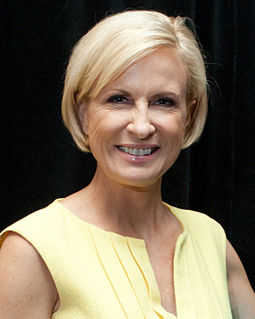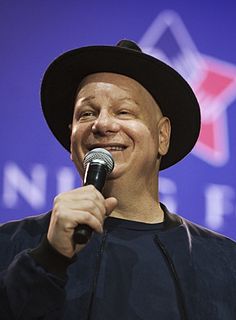A Quote by Tom Stoppard
I don't want to come over as some boringly self-deprecating person. But I don't see myself as a groundbreaking writer in the way plays are structured.
Quote Topics
Related Quotes
I suppose the "dilemma" might come up if I see a black athlete from the U.S. squaring off against a white Canadian athlete. Who do I want to identify with? I certainly will not and cannot say that race determines how I see competition. I'm certainly aware of how race plays into the way others see and portray competition some times, but I don't have to invest in it that way myself. Unless it's boxing.
One of the most useful parts of my education as a writer was the practice of reading a writer straight through - every book the writer published, in chronological order, to see how the writer changed over time, and to see how the writer's idea of his or her project changed over time, and to see all the writer tried and accomplished or failed to accomplish.
When one crosses over from an activity, or the verb, of writing or doing, and becomes a noun, like "a writer" I think that is an act of supreme self-consciousness that I've never, in effect, made. I write, but I don't like to think of myself as a writer. I think it's somewhat self-aggrandizing and pretentious. Now, I am a teacher.
Consequently, I get inspiration from all over the place. But it's not like a calculated thing on my part, or a way that I see myself, you know? I'm just interested in things that move me, and I don't care where they come from. In fact, I'm interested if they come from a place I wouldn't expect, or would seem foreign to me on some level.
You know, I think everybody I've seen has come from some other therapy, and almost invariably it's very much the same thing: the therapist is too disinterested, a little too aloof, a little too inactive. They're not really interested in the person, he doesn't relate to the person. All these things I've written so much about. That's why I've made such a practice really, over and over to hammer home the point of self-revelation and being more of yourself and showing yourself. Every book I write I want to get that in there.





































